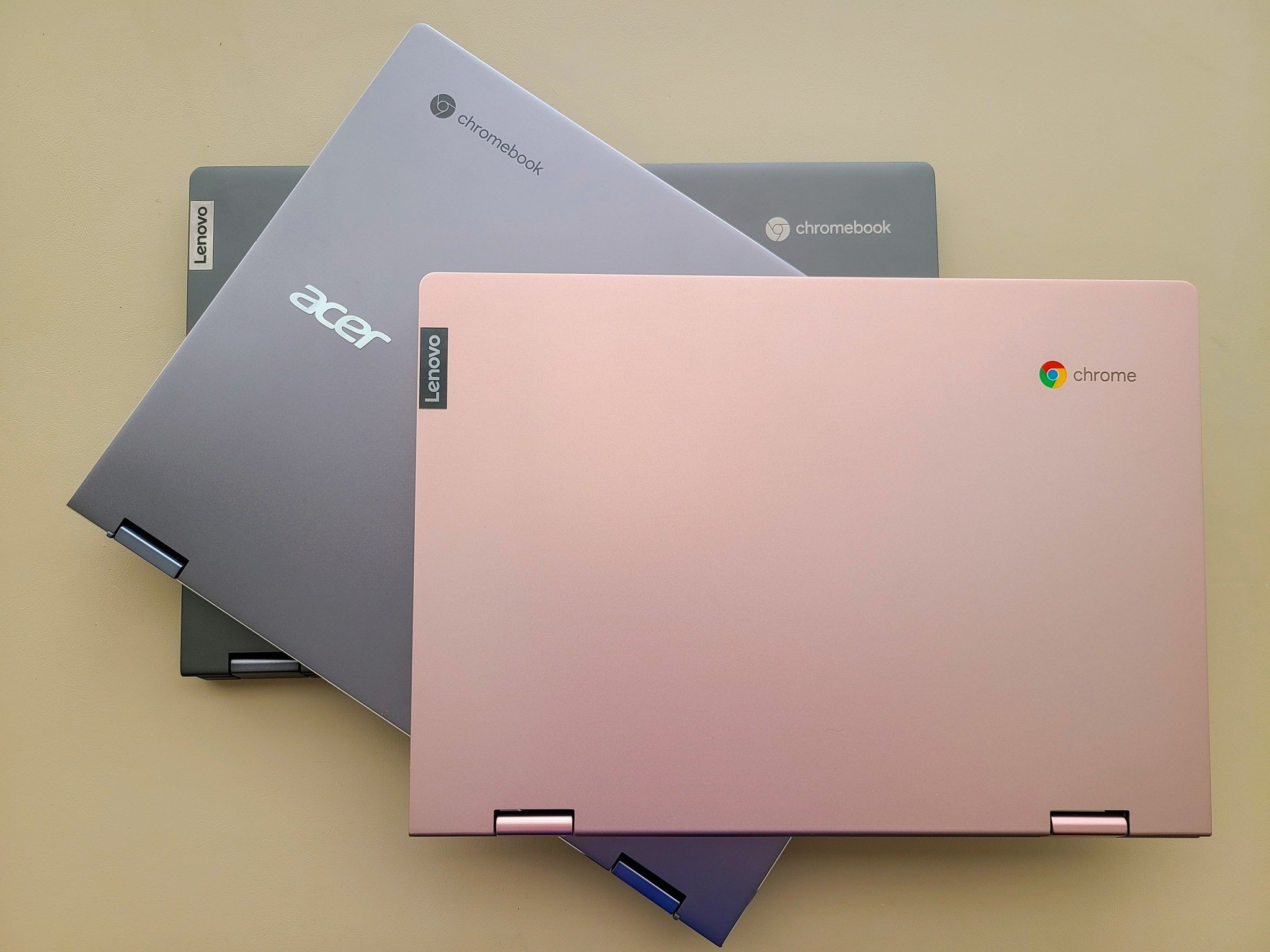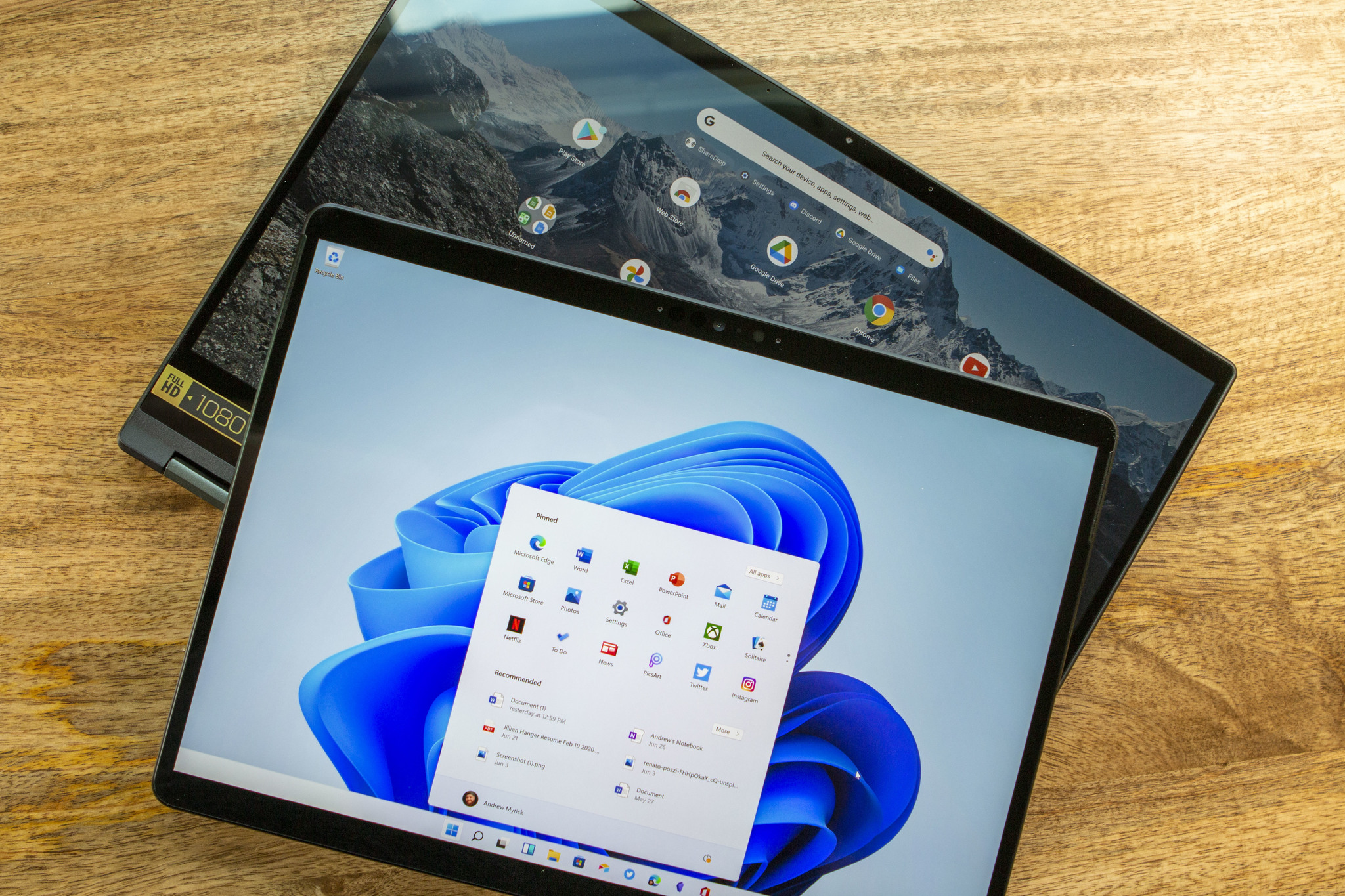It's all about the Benjamins.
Chromebooks are quickly becoming bonafide business computers, and as JR Raphael points out at Computerworld, it's not because of what Google is doing.
If you think about it, there really isn't anything else Google can do. Chrome OS is a stable and functional operating system that can run complicated and demanding software. Google's services are all cloud-based, so all of them work extremely well on every connected device from the cheapest phone to the best Chromebook. At this point, Google can call Chromebooks a success.
Chrome OS is great, but plenty of software still needs Windows.
The problem, especially for business users, is that most software needed for day-to-day tasks in the workplace isn't written for Chrome OS. There are plenty of useful substitutions that work really well. Still, the names we all know, like Adobe Photoshop or Microsoft Visual Studio, are names we know for a reason — those are the tools the corporate world uses. Thankfully, you can run those on a Chromebook, too.
Parallels for Chrome is a thing. It's not a consumer thing (no matter how much we want it to be) because you need a managed, corporate environment to use it. Windows in the cloud will soon be a thing, but again it's designed for the enterprise. These are tools you might be able to use for work so you can edit a brochure or open up a 30-year-old Access database to change the front-end interface.
There is no telling how either of these solutions will affect the number of Chromebooks used by companies big and small. I predict there will be a noticeable uptick in enterprise sales, but I don't claim to have my finger on the pulse of the corporate world. Furthermore, Chromebooks are cheap when compared to usable Windows and Apple laptops. You'll get a lot more bang for your buck with a $400 Chromebook than you would when using comparable hardware from anyone else, so I expect companies that enjoy saving money to at least explore the idea.
I have to admit, I love cloud computing.
I'm also absolutely fascinated with Microsoft's cloud-based Windows solution. Regardless of what marketing says, this isn't anything new — virtual machines running in the cloud with their own UI have been a thing for a long time. But it is the first time Microsoft has officially ventured into this space, and it will probably be a great solution for people who want and need Windows to work and collaborate. Having your work computer available from your Chromebook or your iPad while you lay on the couch in the evening is a pretty big deal.
Having that same computer available during the workday from everywhere with an internet connection is a big deal, too. I won't have much use for it, but I really hope that Microsoft goes in 110% and makes the idea more popular. Streaming your work isn't as fun as streaming a show or a game, but it's still cool if you think about it.
So I love the idea, but I don't think it will be the best solution for all businesses. That prize could go to Parallels, at least in my opinion, and it's all because of one thing: 💰. Neither solution is what I would call cheap, but one will be a lot cheaper than the other. It all depends on what a company needs.
I'm also a big Parallels user on my MacBook.
Parallels is software that you buy once (once per user, to be clear) and use every time you need it. Once it's installed on your Chromebook, you can run Photoshop — something everyone expresses an interest in doing both for fun and profit — as many times as you want. You can also run all of your other Windows-only software using it, and oftentimes these programs run better than they would on a Windows machine because there is a lot less going on in the background.
Windows cloud pricing hasn't been announced yet, but even if it's reasonable it's still a subscription and it takes away local control. This is both a plus and a minus, depending on your point of view. It means you don't need an IT department because PC administration will almost certainly be offered as part of the subscription. It makes sense for a smaller company to spend more on software to save money in the long run. You might be familiar with the Windows control panel, but not everyone is or even wants to be.
There is no one size fits all solution even if Microsoft wants there to be one.
It might be seen as an unnecessary expense for other companies, especially those with staff on call to keep things running smoothly. However, buying cheaper laptops, then spending extra every month to make them more usable, isn't very cost-effective. Remember, too, that some companies are gigantic and have tens of thousands of people using computers to do their work. Tens of thousands of anything can be crazy expensive.
That's why there is no one-size-fits-all solution. Some companies will be better off buying more expensive Windows computers for employees. Some will be better served using Parallels on cheap Chromebooks. Others will benefit from Windows 365 instances, and a good number will probably mix and match all of the above. And we can't forget that Windows 11 could even make cheap and crappy Windows laptops worth using.
One thing is for sure — purchasing agents and decision-makers at many businesses are interested in saving money and will be looking hard at all these solutions. Which one wins will be a matter of which saves the most money.
from Android Central - Android Forums, News, Reviews, Help and Android Wallpapers https://ift.tt/3zRRg4k
via IFTTT



No comments:
Post a Comment